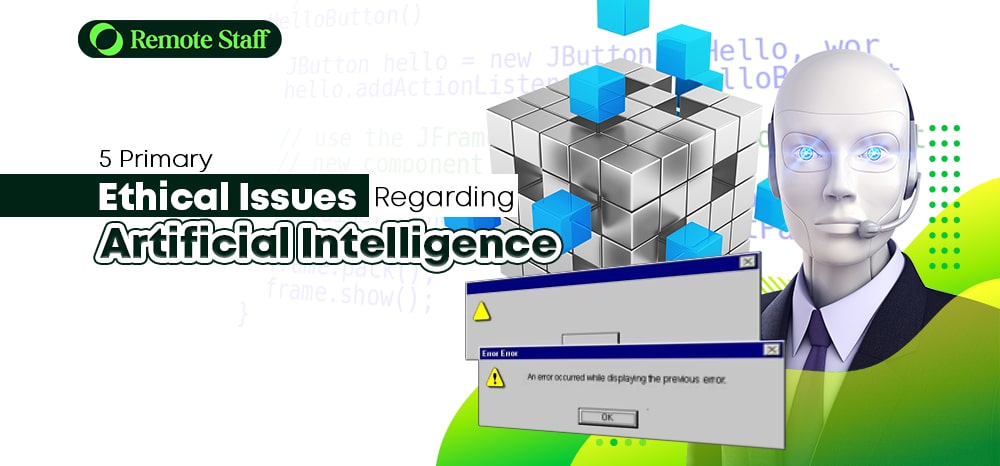AI has become an integral part of our lives.
We use it to help us navigate unfamiliar places through Google Maps and Waze. And it helps us content writers improve our writing through apps like Grammarly.
But just like any technology, people can use AI for good or bad. There are several ethical issues regarding artificial intelligence that have started to appear as more and more people begin to use AI.
Some examples of unethical AI include using it to deceive and spread misinformation and carry out breaches in people’s privacy.
To help you understand these ethical issues regarding artificial intelligence, let’s take a closer look.
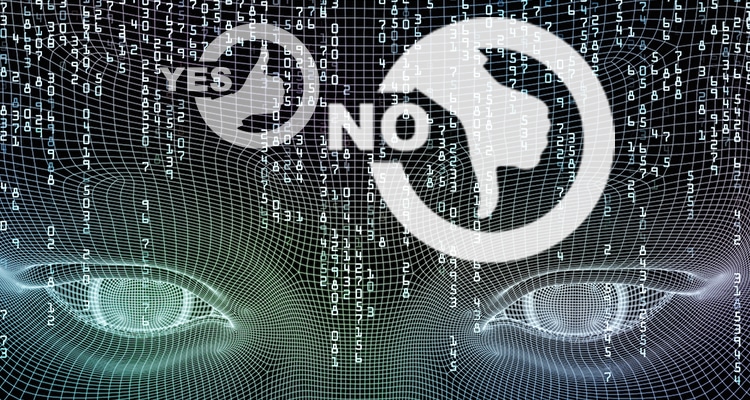
The Potential for Bias and Racism.
You’d think a machine would be free of human bias. But unfortunately, this isn’t the case.
One of the most prominent ethical issues regarding artificial intelligence is its vulnerability to taking on human bias, intentionally or not.
Remember, AI doesn’t have consciousness. It does what it’s programmed to do, whether that’s ethical or not.
Since the ones programming AI are humans and are vulnerable to bias, AI becomes affected by this. Thus, a part of AI ethics is ensuring AI is free from this as much as possible.
Examples include an incident where Amazon’s experimental AI recruitment tool showed bias against women.
This bias was a result of Amazon’s team training the AI using the CV’s of Amazon’s software teams, which were predominantly male. So, the AI learned to disqualify anyone who came from a women’s university or listed women’s organizations in their resumes.
Besides AI developers, companies must also ensure that the data they’re using to program the AI is free from algorithmic bias.
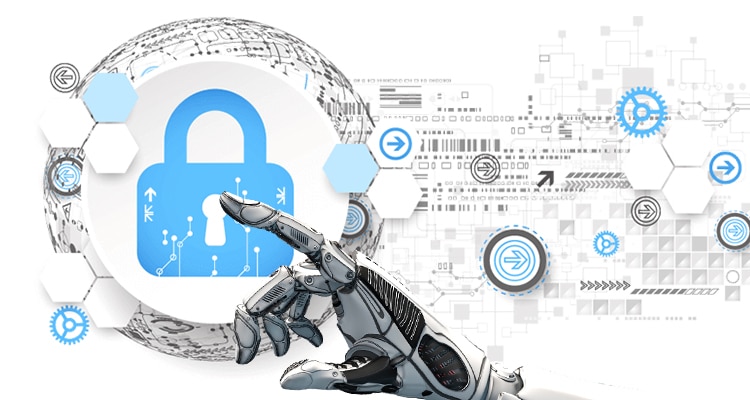
The Privacy Issue.
According to the UN Declaration of Human Rights, the right to privacy is one of the most fundamental human rights.
However, many apps today have made it all too easy to collect personal information, which threatens people’s privacy. How can we be entirely sure that the data an AI is collecting won’t end up in the wrong hands?
Just take employee monitoring software, for example. They provide employers with data on how their employees spend their time at work in their online jobs.
It monitors what apps the employee uses, takes screenshots of user productivity, and stores them in one place for the employer to see.
Although its purpose is understandable, many employees are concerned about their employers having easy access to their data.
What if the monitoring app unintentionally records sensitive information, such as personal emails or bank account information?
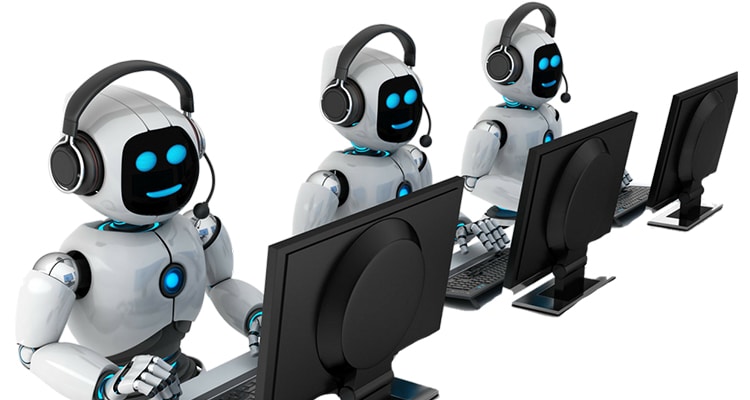
Will AI Take People’s Jobs?
One of the main ethical issues regarding artificial intelligence is the question of what happens to workers replaced by automation.
Whenever a new technology appears, it causes people to panic and claim that it will make some jobs obsolete. This is especially true in the case of AI.
It’s easy to see why many employees are worried about AI. AI is more efficient at doing repetitive tasks that require a lot of precision when compared to humans. Neither does it get tired nor does it require a salary.
But the thing is, AI is meant to support, not supplant, people. AI can do the more mundane tasks, which allows human workers to focus on the more complex tasks, such as maintaining and updating the AI.
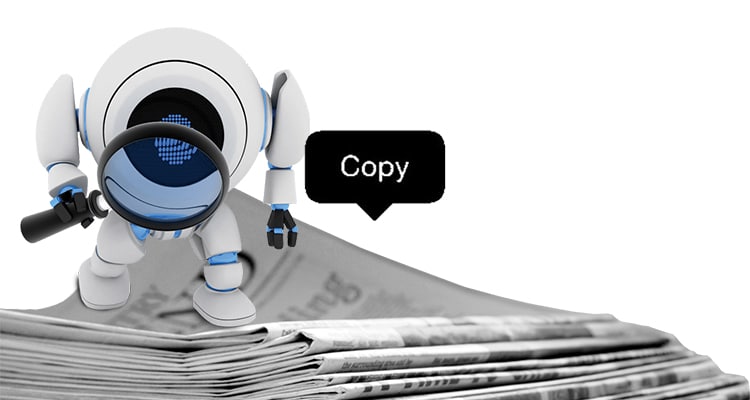
Using AI to Deceive and Copy Other People’s Works.
AI has progressed to the point where it can write and make art almost like a human being can. Because of this, many writers and artists are concerned that unscrupulous individuals may use it to generate copies of other people’s works.
One example of this is AI image generators. This AI generates unique images within a few minutes or seconds using prompts given by the user.
Let’s say you want to generate an image of a grassy field similar to the works of Vincent van Gogh. All you have to do is type: “Grassy field in the morning in the style of Vincent van Gogh.” And presto, you have generated an image.
Today, many “artists” pass their AI-generated art as theirs and sell it to unknowing customers.
This trend has caused concern for many artists, who see these kinds of art as imitations, yet can’t do anything against it. This is because copyright laws don’t have any provisions about AI-generated art (yet).
Besides copying other people’s works, people also use AI can to deceive and manipulate people. Using deepfakes, unscrupulous individuals can produce videos and images to spread fake news and disinformation.
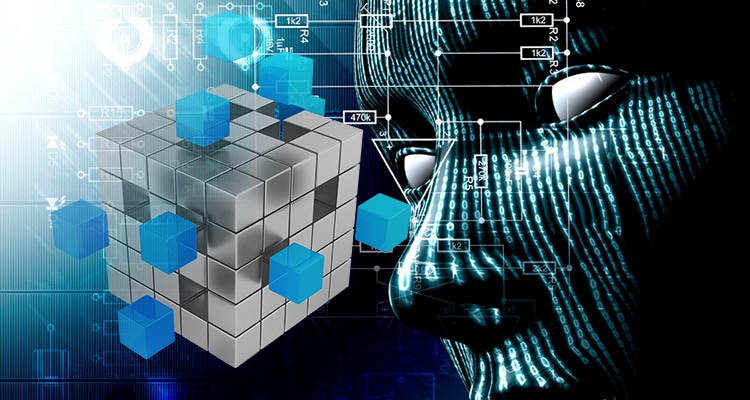
The Lack of Transparency in AI.
Many people are aware of AI. However, if you ask people to explain what AI is, you will get varying answers. Some will say it’s going to replace people. Others will say AI is only a great tool to help people be more efficient at their jobs.
Like all new technologies, people’s knowledge of what AI is and what it does is very limited. Part of this is because the jargon being used by AI developers is hard to follow. After all, not everyone is familiar with“machine learning” and “neural networks.”
If people don’t know what AI truly does, how can they fully trust it?
Even developers sometimes don’t fully know how an AI’s machine learning algorithm works. This makes it difficult for them to locate logic errors. And finding a verifiable formula that helps them accurately and predictably audit an AI’s data is difficult.
A vital part of the ethical use of AI is transparency. It allows people to know how an AI arrives at its conclusion and thus fix it in case of any errors. A better understanding of AI will also help alleviate people’s fears and apprehension toward AI.
Despite how convenient it is, there are still plenty of ethical issues regarding artificial intelligence that need to be solved.
These include the potential for discrimination with how AI “thinks” and intrudes upon our privacy, how unscrupulous individuals use it to manipulate and steal from others, spread misinformation, and many more.
Because of these, we must remain careful and vigilant about how we use AI. AI isn’t inherently good nor bad; it all depends on how we use it, just like with any technology.
While AI development has made leaps and bounds, it still can’t fully replace the human capacity for empathy and creativity, which is still a big requirement in many jobs – even remote ones.
And if you’re looking for an online job, Remote Staff is here to help.
Our jobs list has a wide range of jobs for you to choose from and apply to. So, what are you waiting for? Sign up today!

